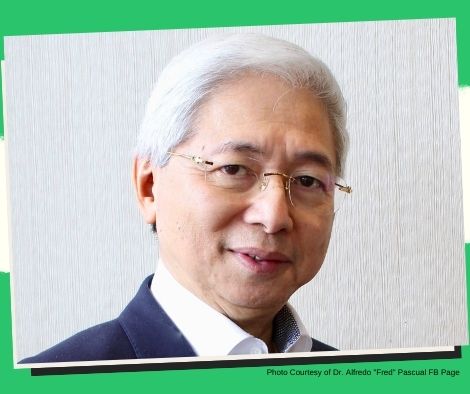
PBBM China visit to improve employment and foreign exchange earnings: DTI
Alfredo Pascual, secretary of the Department of Trade and Industry (DTI), said on Friday that the influx of more Chinese investors will result in more jobs for Filipinos, higher foreign exchange revenues, and cheaper costs for agricultural output.
Chinese business owners and investors have a great deal of interest in making investments in the Philippines or expanding their operations here, according to Pascual, who accompanied President Ferdinand R. Marcos Jr. during his meetings with Chinese chief executive officers (CEOs) in Beijing during the President’s state visit to China on January 3–5.
Prior to this, Marcos had roundtable discussions with CEOs from a range of industries, including agriculture, alternative energy, mineral processing, and e-vehicles.
Jobs will be created for Filipinos immediately as a result of the importers’ purchases of local items, which will force the (local) businesses that produce them to ramp up or boost production, according to Pascual.
The trade director continued, “That means more employment in the Philippines, and new investments also result in the creation of new jobs in the Philippines.”
The growth in agricultural product exports will also boost the nation’s foreign exchange profits, according to Pascual, who noted that investments would result in remittances to the Philippines.
Reduced costs for agricultural output, he noted, would be another advantage on the supply side.
Pascual pointed out that because China is the Philippines’ largest trading partner, it is eligible for special treatment under free trade agreements with regard to tariffs.
“So that expands the market between China and the Philippines in both directions. To focus on certain specific products, however, for which we want more access to the Chinese market and the Chinese will have more access to the Philippine market, Pascual noted that we will eventually have to negotiate [a] direct foreign trade deal with China.
The trade secretary claimed that the Regional Comprehensive Economic Partnership (RCEP), namely in product manufacturing, will benefit the Philippines in doing this.
The Regional Comprehensive Economic Partnership (RCEP) is a free trade agreement (FTA) between the ten ASEAN member states and its five FTA partners: Australia, China, Japan, New Zealand, and the Republic of Korea. (
Save/Share this story with QR CODE
Disclaimer
This article is for informational purposes only and does not constitute endorsement of any specific technologies or methodologies and financial advice or endorsement of any specific products or services.
 Need to get in touch?
Need to get in touch?

We appreciate your reading. 
1.) 

Your DONATION will be used to fund and maintain NEXTGENDAY.com
Subscribers in the Philippines can make donations to mobile number 0917 906 3081, thru GCash.
3.) 
4.) 
AFFILIATE PARTNERS

World Class Nutritional Supplements - Buy Highest Quality Products, Purest Most Healthy Ingredients, Direct to your Door! Up to 90% OFF.
Join LiveGood Today - A company created to satisfy the world's most demanding leaders and entrepreneurs, with the best compensation plan today.

 Business, Finance & Technology
Business, Finance & Technology

 Business Technology, Finance Technology & Information Technology
Business Technology, Finance Technology & Information Technology






